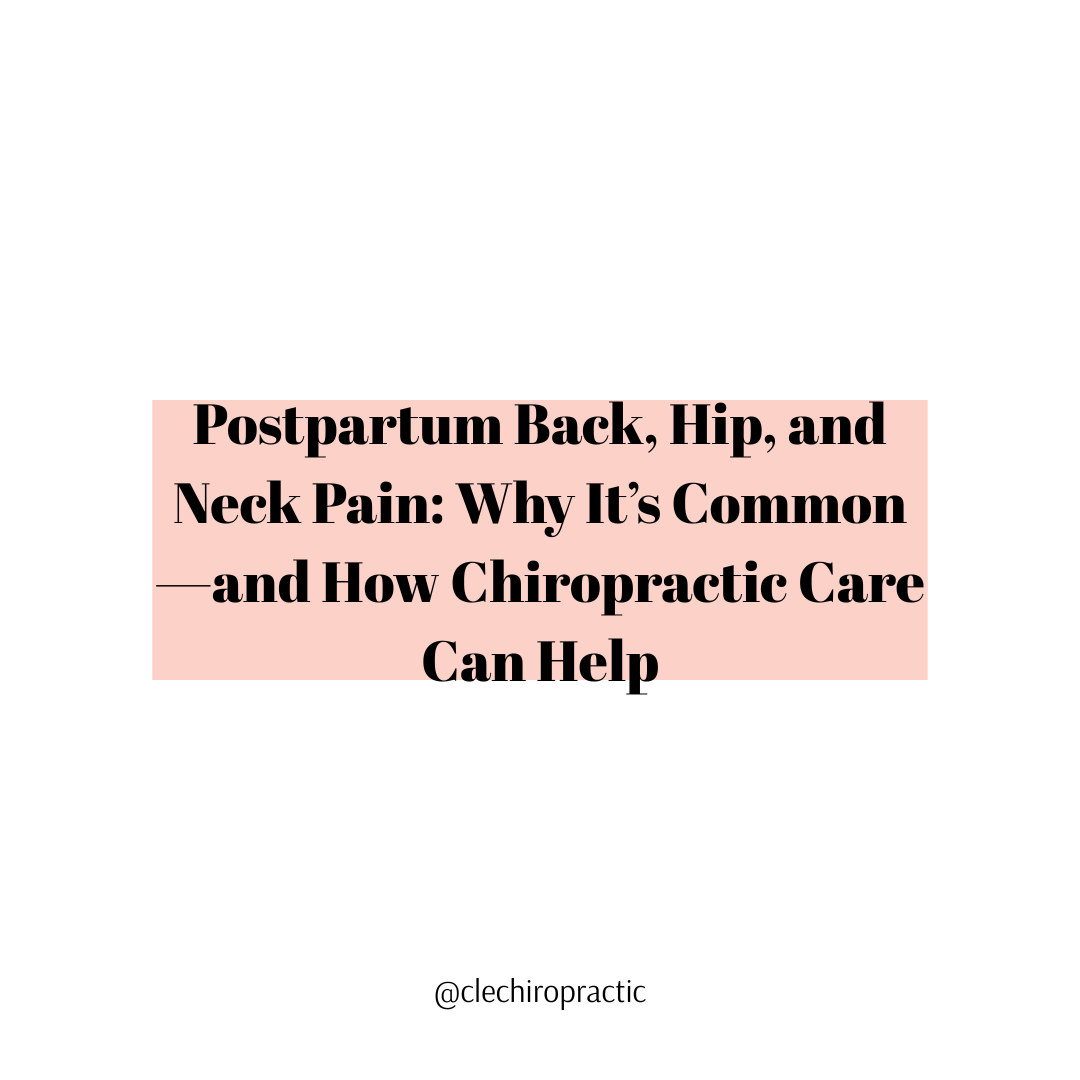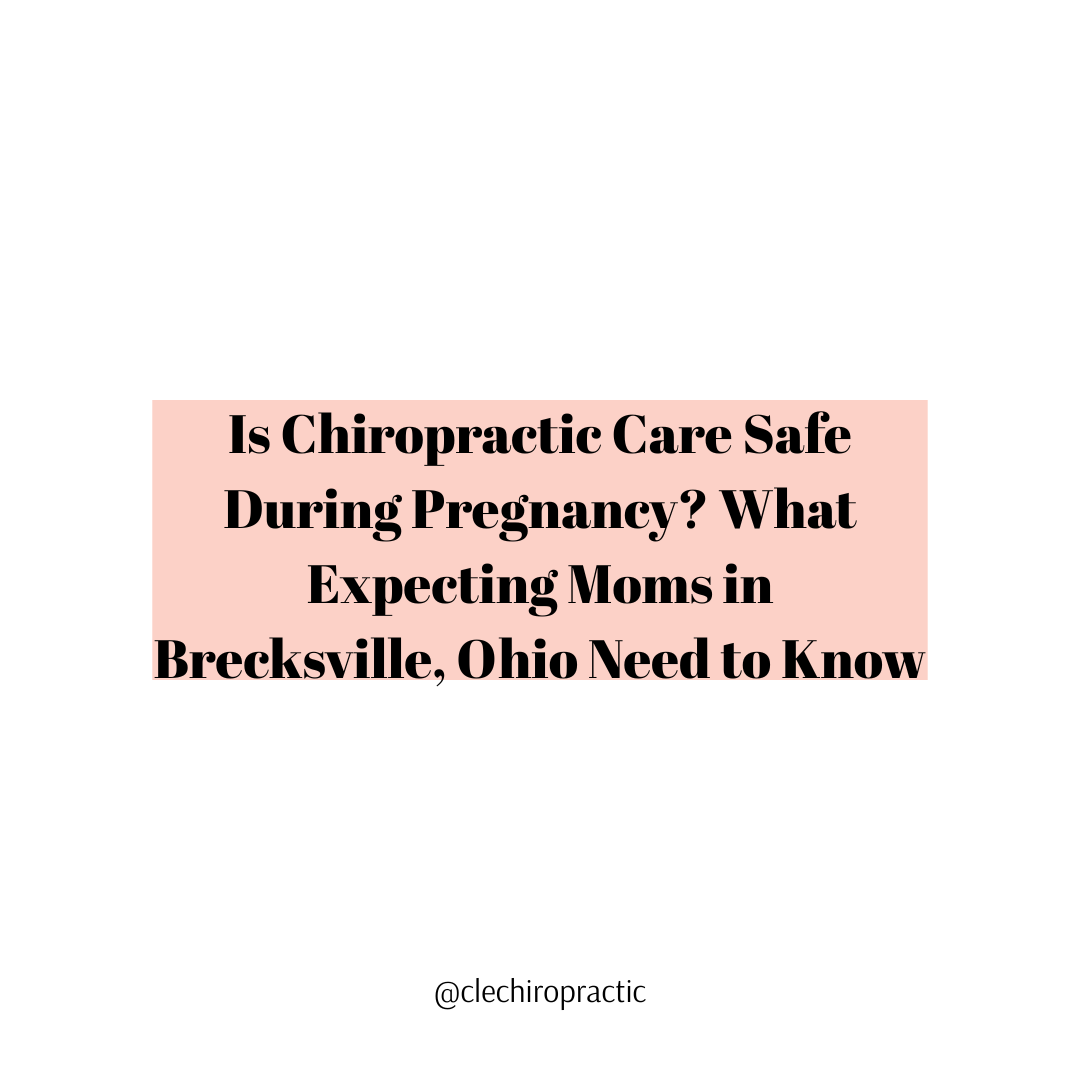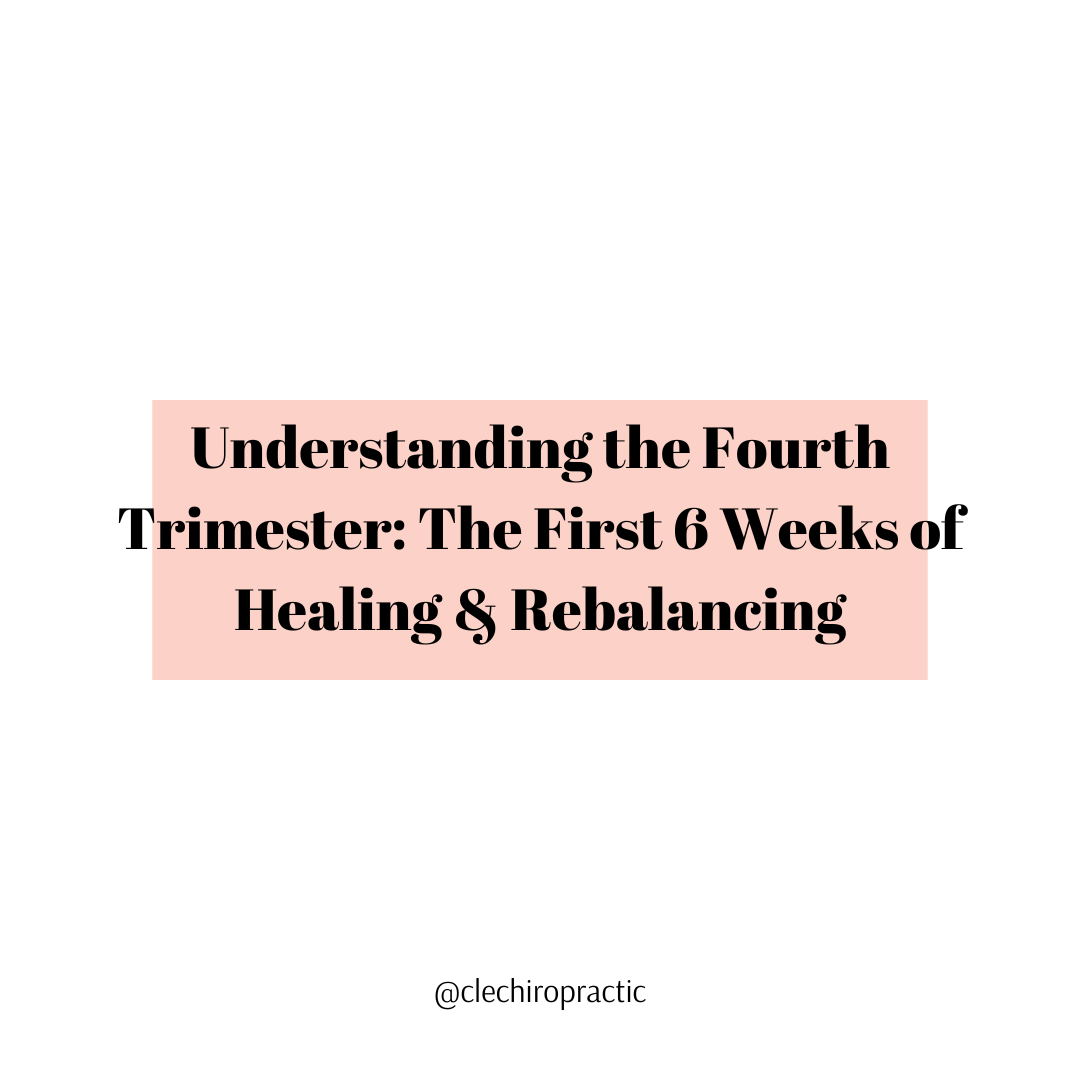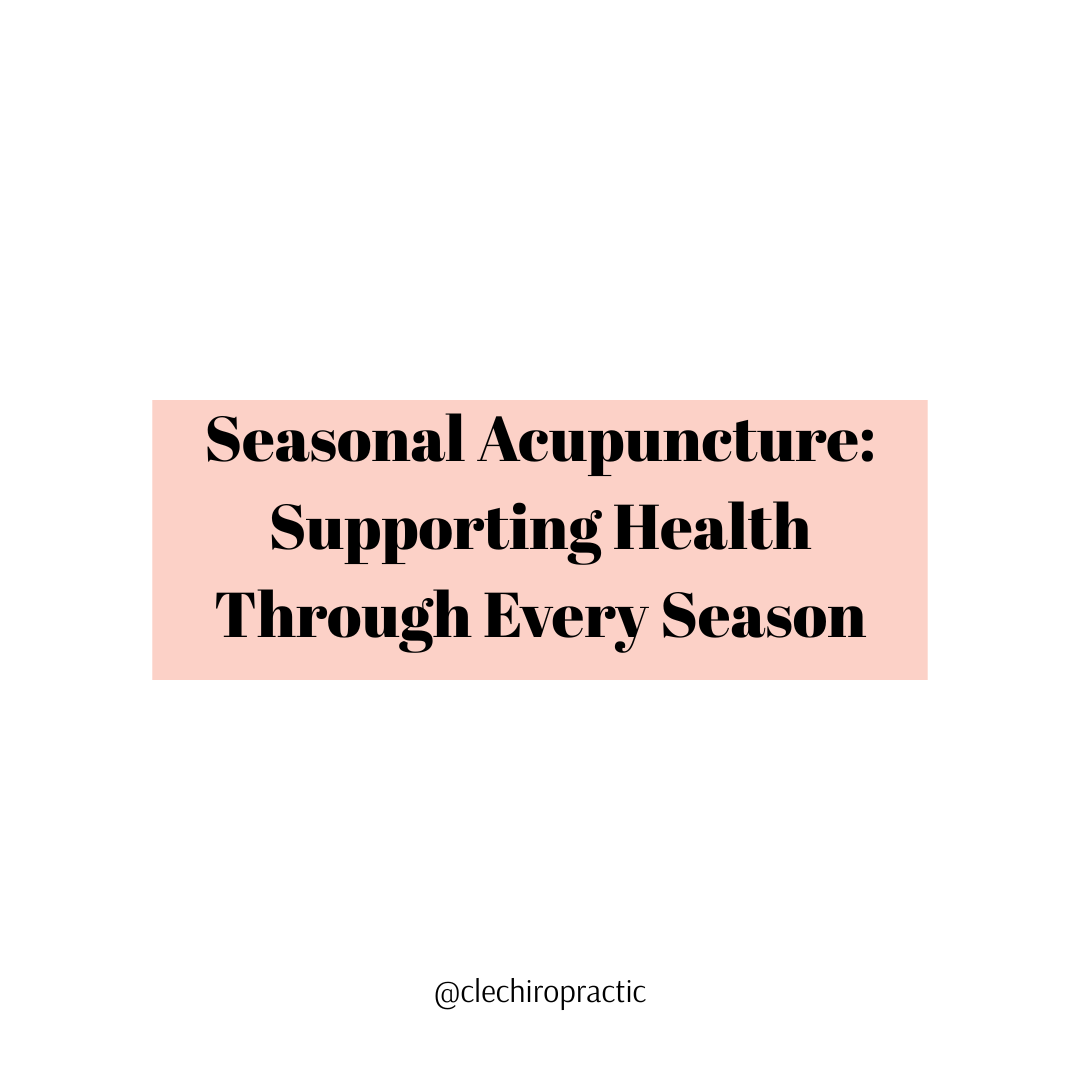A common question our pregnant patients ask is “when can I or when should I come in after baby is born for my postpartum check-up.” The simple answer is: when you are ready. While getting checked soon after giving birth is recommended, that may be a different time for each woman. Some may want to get checked on their way home from the hospital. Others may need to rest and heal for a few days or weeks. Some choose to do a lying-in period at home for several days or weeks. Typically, our patients know when they are ready to be checked (whether sooner or later); this is also something your chiropractor can discuss with you. You can also contact your chiropractor after baby is born to go over any concerns and determine when would be best for your postpartum check.
So why would mom need to be checked after giving birth? Don’t all the issues from pregnancy go away after baby is born? Short answer: no! Here are some common reasons to be checked postpartum:
1. Sacrum/pelvis may shift during labor: giving birth is not easy! It is a whole-body effort. Whether a woman has a vaginal birth or a cesarean, her pelvis and sacrum experience stress and can shift. Especially during vaginal births, position and stress can strain muscles and ligaments of the low back and pelvis region. Joint restriction and discomfort postpartum is common and adjustments may help improve position and movement and reduce pain and tension. Long or difficult labor can even rotate or dislocate the coccyx/sacrum (tailbone).
2. Neck/back pain: Some women may have experienced neck and back pain during pregnancy; often this persists postpartum. Some women who may not have had pain or tension during pregnancy may develop issued postpartum from labor/birth or from the changes of caring for their new little one. Nursing and feedings may strain neck and back muscles. Sleep is disturbed and may cause aches and pains.
3. Pelvic floor check: Every woman postpartum should have their pelvic floor assessed. Your chiropractor can help identify issues or imbalances and recommend/referral pelvic floor physical therapy at the appropriate time (and it may be sooner than 6 weeks postpartum!)
4. Diastasis assessment: EVERY woman (yes, every) will develop diastasis recti (separation of the front abdominal muscles (aka rectus abdominis)). This slowly heals in the weeks following giving birth. Various factors including breastfeeding, previous injury or weaknesses (especially in the core), pelvic floor dysfunction, back pain, and scoliosis can affect the severity and timeline of healing. Your chiropractor can assess the degree of the separation, begin care for the back, pelvis, and supporting soft tissue, and recommend safe, healing movements/exercises at the appropriate time. Pelvic floor physical therapy is also essential to help heal diastasis recti. Your chiropractor can refer you to a pelvic floor PT as part of your postpartum care.
5. Nursing support: While breastfeeding is normal and natural, it is not easy! Many women and their babies struggle at first (and some have issues that develop months later). Chiropractic care helps with alignment and optimal function of the nervous system which may help with posture/comfort while nursing and appropriate hormone regulation for milk production. Your chiropractor can also help identify tongue and lip ties and make appropriate referrals/recommendations for treatment and support which can help baby and you reach your breastfeeding goals.
6. Nutritional support: Postpartum nutrition is very important, especially for nursing moms. During pregnancy, essential nutrients may have been depleted to support baby’s growth. Postpartum is a time for healing. Your chiropractor can provide information about optimal nutrition and help identify nutritional deficiencies. Certain foods, herbs, or supplements may be beneficial to help with specific needs for healing as well. Your chiropractor can make recommendations and support your healing.
7. Soft tissue care and support: During pregnancy soft tissue changes and stretches. It undergoes even more stress and change during labor. Following up with a chiropractor postpartum may help reduce soft tissue tension and help with the healing process. Your chiropractor can also identify weaknesses and imbalances in your neck, back, core and other parts of your body and provide recommendations for healing (and when to safely start certain movements or exercise).
Being a mom can be amazing yet challenging. Your body goes through so many changes and has different needs, especially postpartum. Be sure to take time for yourself and take care of yourself. At Cleveland Chiropractic, we are here to support you throughout your motherhood journey. We understand that every mom is postpartum, albeit at different stages or phases of healing and progress. Remember: healing takes time. Be patient and give yourself grace. You are doing a great job, mama! Remember, we are here for you when you need us.
In health,
Dr. Abbey
(216) 952-3830
http://clechiropractic.com





